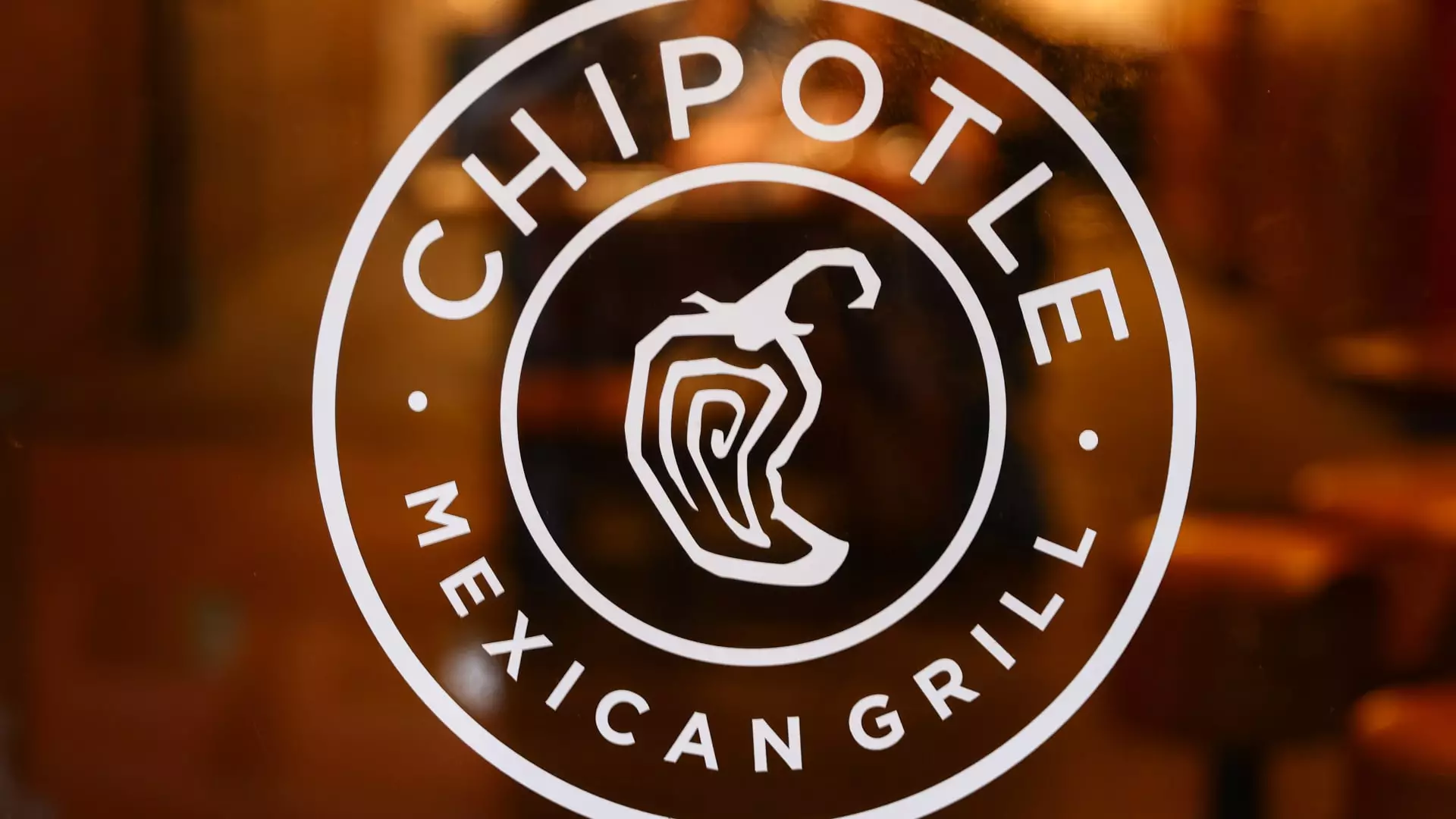In a daring step that reflects both ambition and naivety, Chipotle Mexican Grill has announced plans to establish its first restaurant in Mexico, slated for launch in early 2026. This decision marks a significant chapter in the company’s international expansion strategy, which has been convoluted at best, palpable in its hesitation and inopportune timing. The partnership with Alsea—a firm with established roots in Latin American and European markets—exemplifies a calculated move, yet it feels almost reckless given the current geopolitical climate. With the backdrop of a strained U.S.-Mexico relationship, brought on by aggressive trade policies, one must question whether this initiative is a misguided gamble or a stroke of foresight.
A Flawed Premise
Chipotle’s expectation that Mexican consumers will embrace its brand rests heavily on an oversimplified notion of culinary crossover. While the allure of fresh ingredients and the rising trend of health-conscious dining may appeal to some, one can’t help but analyze this premise through a lens of skepticism. The company has thrived on Americanized Mexican cuisine—a style that, though popular in the U.S., may not resonate in its country of origin. The missteps of Taco Bell in Mexico, which infamously failed to capture the culinary heart of its own birthplace, loom large as a cautionary tale. It’s emblematic of the hubris that can accompany foreign ventures, especially when a company underestimates the depth and variety of authentic Mexican flavors.
The Avocado Conundrum
Moreover, Chipotle’s dependency on Mexican avocados exposes another layer of vulnerability. While the company has diversified its sources, it still imports nearly half of its avocado supply from Mexico, leaving it susceptible to the whims of political fallout and tariffs. Amid Trump’s contentious trade stance, which initially imposed a 25% tariff on these essential imports, the risk to its supply chain is decidedly palpable. This raises the question: how can Chipotle successfully launch an enterprise in a climate rife with uncertainty? The balancing act of sustaining fresh ingredient availability while navigating political tensions is a precarious one.
A Canopy of Challenges
The broader implications of this expansion are also hard to ignore. If the venture fails—a genuine possibility—Chipotle may find its reputation marred not just in Mexico but across international markets. The struggle for dominance amidst established local competitors will not be trivial. More than just a culinary offering, this expansion revolves around nuanced cultural integration, market adaptation, and an understanding of consumer habits that Chipotle, with its entrenched American ethos, may lack.
A Flawed Strategy?
Ultimately, Chipotle’s audacious move into Mexico reflects a blend of ambition wrapped in a questionable strategy. The marriage of a classic American brand with a complex, rich culinary landscape is fraught with peril. If Chipotle does not tread carefully, it risks not just market loss but also a deeper, more lasting impact on its brand identity. Dining is not merely a transaction; it’s an experience steeped in culture, and navigating those waters requires respect and authenticity—qualities that cannot be manufactured in boardrooms.

